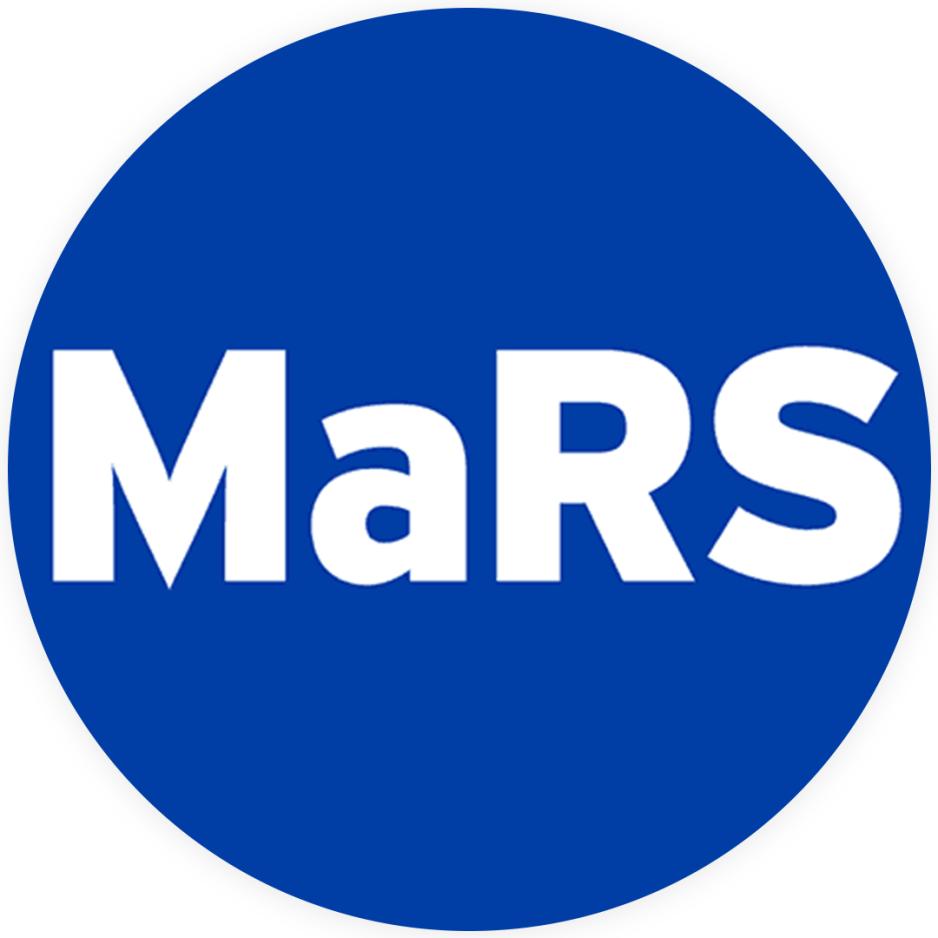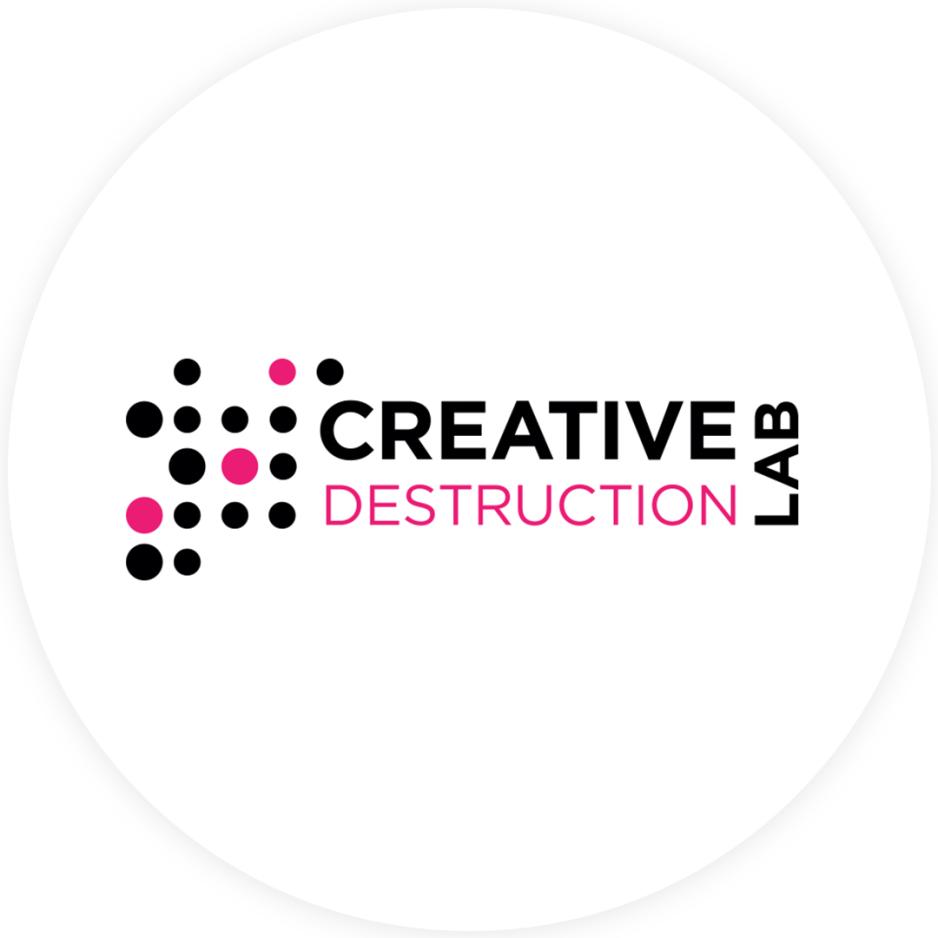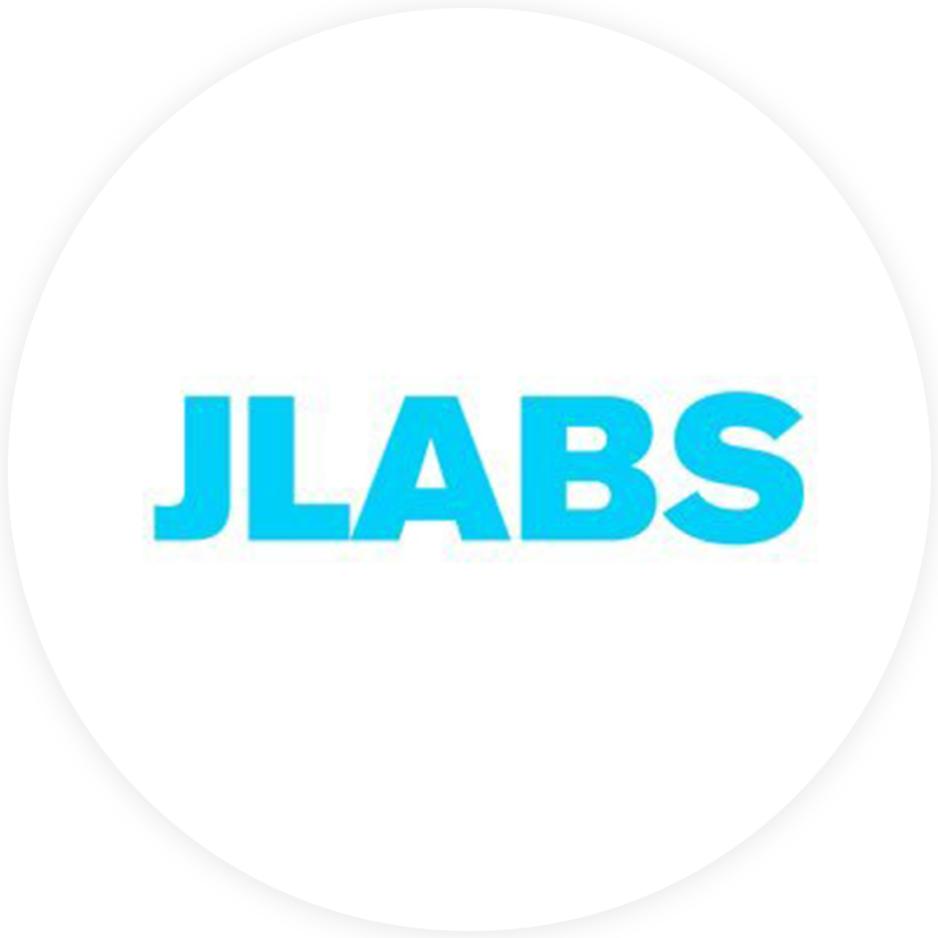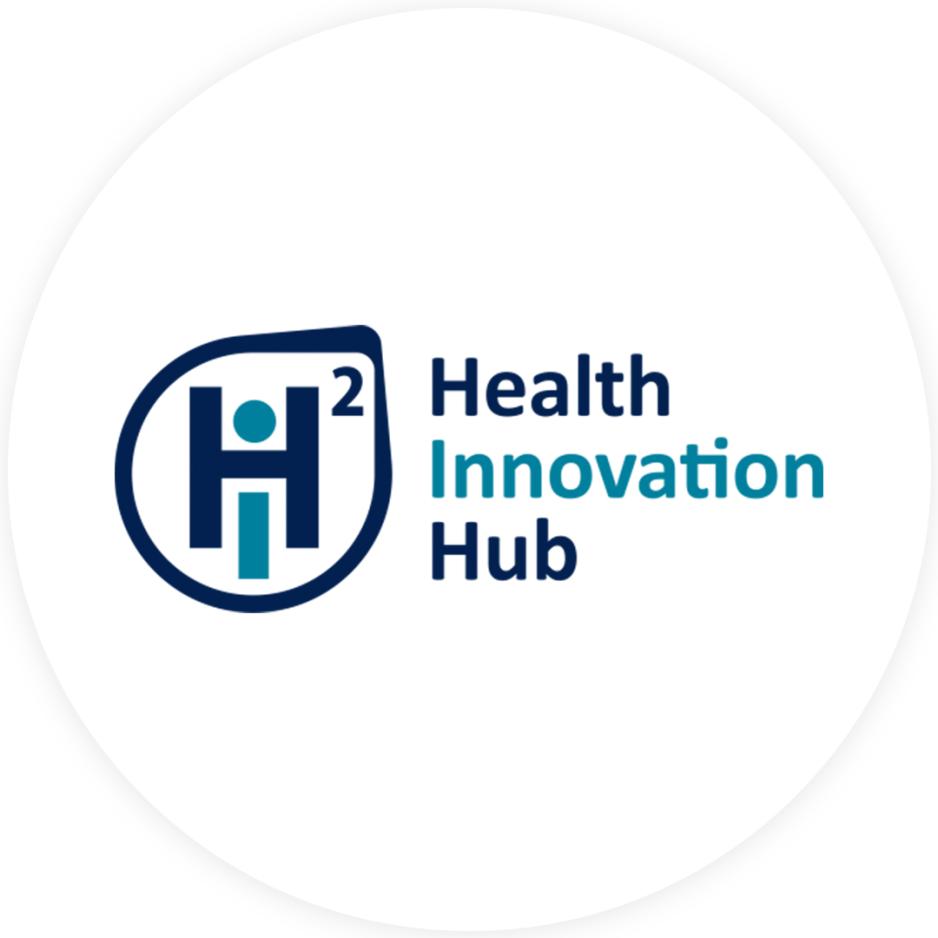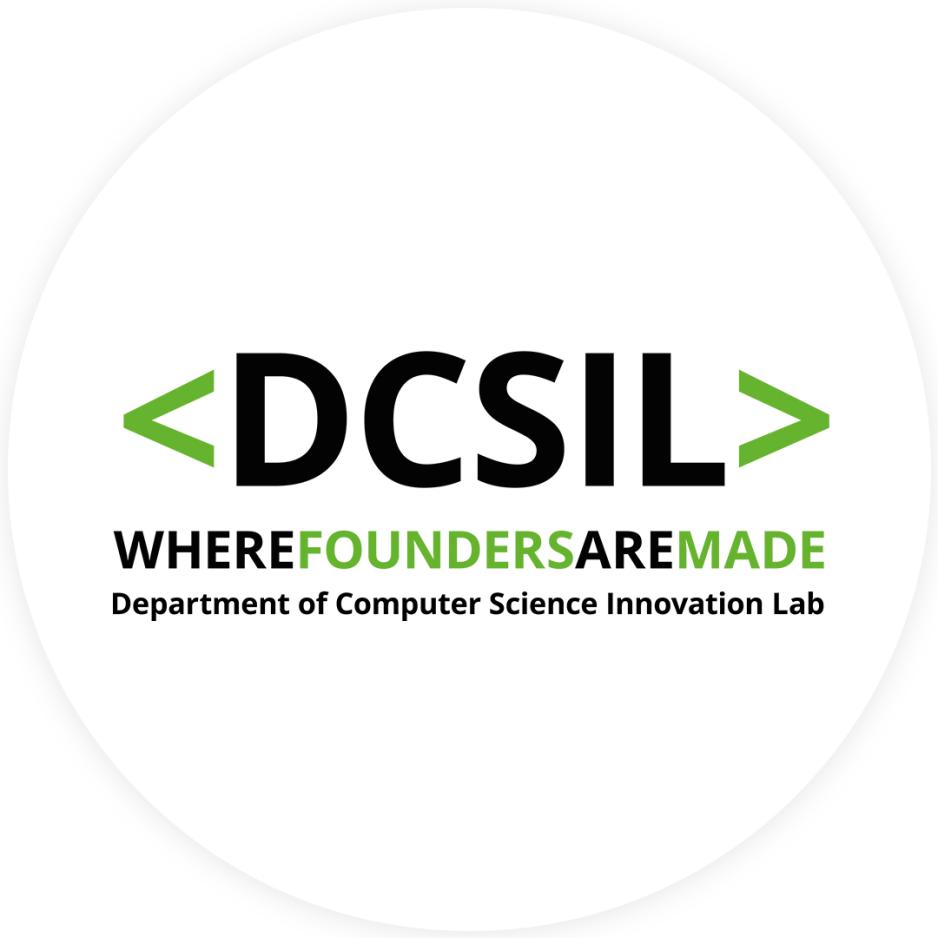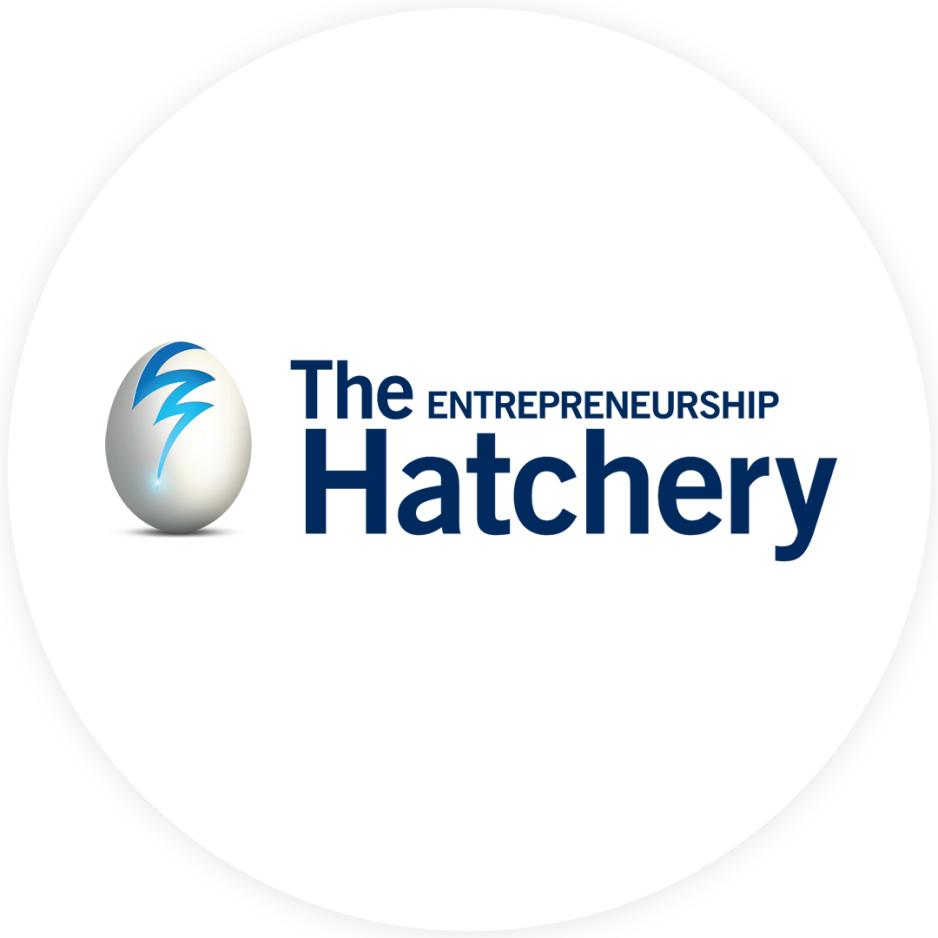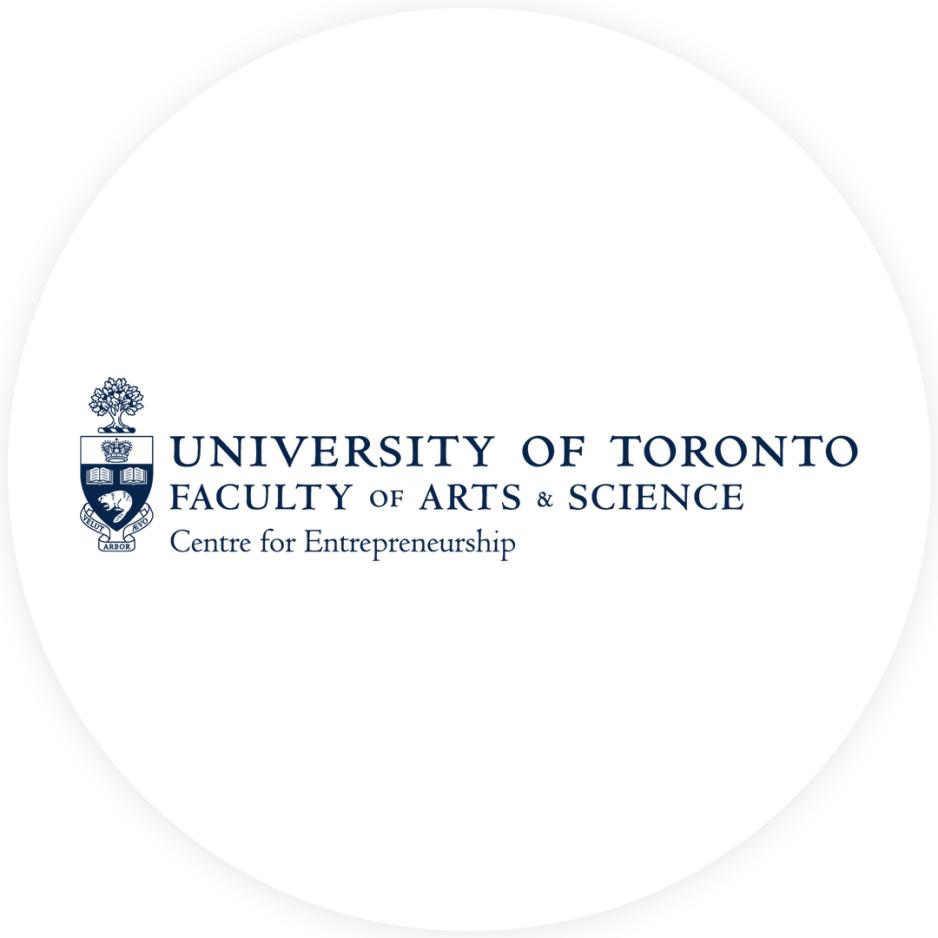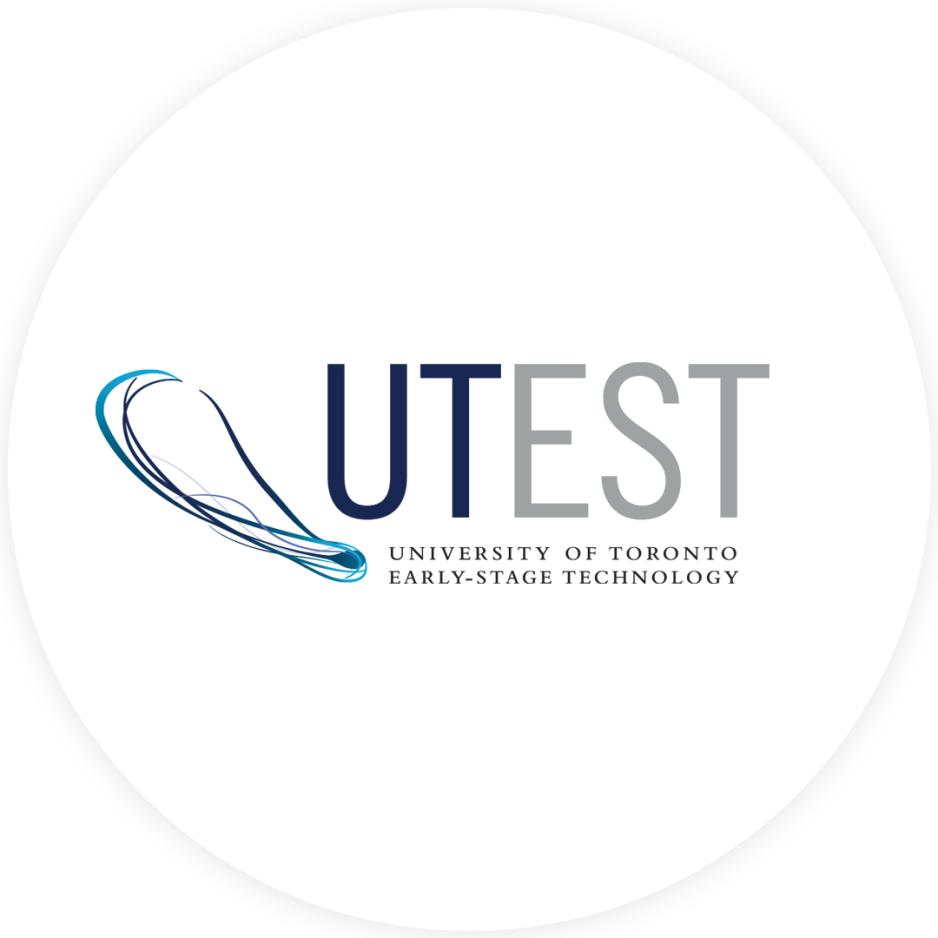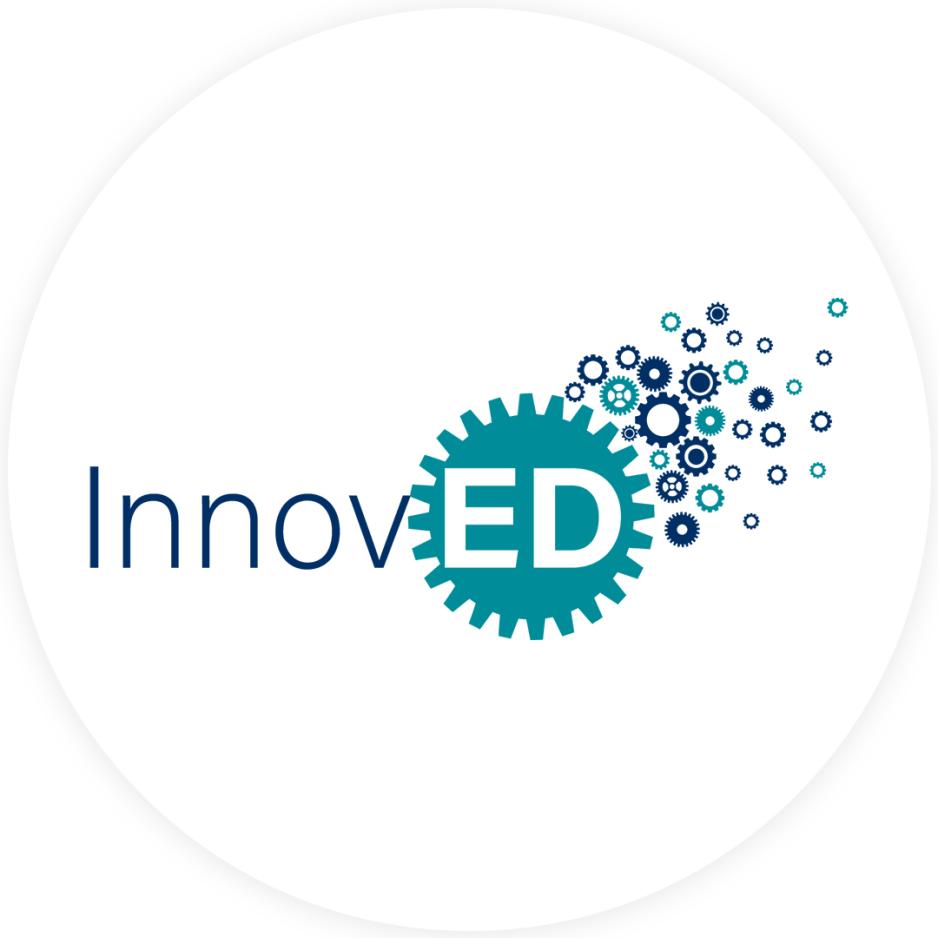Welcome to the LDFP Commercialization Opportunity Index. The University of Toronto and local commercialization community offer multiple programs, competitions, resources, and services to help LDFP researchers and trainees translate their discoveries into commercial ventures. Please contact a member of the LDFP research office for more information (Mike Folinas, Sam D’Alfonso, or Lia Cardarelli).
Commercialization Resources
- University of Toronto Innovations and Partnerships Office (IPO)
- IPO’s "Guide to Technology Transfer"
- IPO's "Researcher’s Guide to Industry Partnerships"
- University of Toronto Libraries Entrepreneurship Support
- PRiME Entrepreneur Resources
- University of Toronto Startup Guidebook
Commercialization Opportunities
- Intellectual Property Education Program
-
UofT’s IP Education Program introduces the different types of IP, how to protect it, and how to get the most value from it.
The online program was built by UofT Entrepreneurship (UTE) and the Innovations & Partnerships Office (IPO) with input from legal professionals and entrepreneurs.
Divided into two complimentary levels, IP Foundations and IP Strategy and Application, the program is integrated with Quercus (U of T’s online learning portal), allowing for inclusion into assignments, workshops, or classroom settings. In addition, U of T students who complete a module can have it recognized on their Co-curricular Record (CCR).
Program overview:
- Intro to patents, trademarks, copyright, industrial design, and trade secrets.
- Requires no prior knowledge and can be completed in ~2 hours.
- Endorsed by the Province of Ontario’s IP Action Plan.
Level 2: IP Strategy and Application
- IP strategy and commercialization, including best practices for inventors and entrepreneurs.
- Learners must complete Level 1 before advancing to Level 2.
- Intellectual Property: Protect, License and Fund with IPO
-
The Innovations & Partnerships Office (IPO) is your first stop for research commercialization at U of T. IPO helps turn innovations into patents, licenses, and startups, building successful relationships between researchers, industry, and investors.
What you need to know:
- It starts with a disclosure: If a new technology, method, or product was created using U of T facilities or funding administered by U of T, a Confidential Invention Disclosure is your first step toward commercializing your research.
- Ownership: U of T has a modern, flexible invention policy that is ‘Inventor’s Choice’ – in absence of pre-existing IP rights, inventors may choose to take personal ownership, or have U of T lead commercialization.
- Intellectual property (IP) and patents: While there are many types of IP, patents may be affected by presenting and publishing. It is best to involve IPO early to help review, file, and protect your invention.
- Funding: IPO can help maximize budgets by licensing technologies and leveraging internal, public, and private funding opportunities for research and startups.
- Network: Access U of T’s growing international network of industry, mentors, and VCs to support technology validation, product development, and go-to-market.
In 2021, U of T inventors made over 180 invention disclosures, with IPO managing 74 priority patent applications, more than 39 licensing and option agreements, and 290 ongoing commercialization projects. In the last 5 years, companies based on U of T Research have secured more than $1.5 billion in investment and capital.
- Lab to Market: Launch
-
Lab2Market Launch is a transformative 4-month program designed to help entrepreneurial students and research teams turn innovative ideas into scalable technology-based ventures. Tailored for ambitious individuals ready to form, build, and grow their businesses, the program combines local innovation hub support with the credibility and resources of the national Lab2Market network.
What You’ll Gain:
- Expert Guidance: Benefit from tailored just-in-time instruction, mentorship, and coaching from seasoned entrepreneurs, industry experts, and a simulated board of directors.
- Financial Support: Access $10,000 in stipends at no cost to participants.
- Practical Skills and Validation: Refine your business model through workshops, all while gaining actionable insights to accelerate your venture.
- Showcase and Networking Opportunities: Pitch your venture to key ecosystem stakeholders and leave with a validated business case ready for funding opportunities.
- Supportive Ecosystem: Collaborate with a Canada-wide network of experienced entrepreneurs, industry leaders, and researchers dedicated to helping you build and grow your venture.
Lab2Market Launch empowers participants with the tools, support, and confidence to turn their vision into reality. Join a collaborative network dedicated to fostering your growth and success.
Applications close: May 25th, 2025 @ 11:59 PM EST
Cohort Start date: September 1st, 2025See website for full details.
- Lab to Market Health: Validate
-
Lab2Market Health: Validate gives researchers and HQP in health-related fields the opportunity to critically test and evaluate their idea in the entrepreneurial landscape. This carefully curated 16-week experience is complemented by funding, exercises, workshops, and mentorship from industry experts – all with exploration at its core.
The program will take participants through the process of unlocking the business potential of a research idea – from meeting customers, building a network, and most importantly, developing entrepreneurial grit.
This program is open to basic science researchers, postdoctoral fellows, and graduate students across Canada and is tailored to the unique opportunities and challenges faced in health-related fields. Engage with successful science entrepreneurs, learn from industry experts, and develop the knowledge needed to navigate commercialization and innovation in health-related fields.
Program at-a-glance:
- $10,000 in funding
- Product-market fit assessment
- A world-class curriculum delivered by innovation leaders
- Access to best-in-class advisors, industry experts, and funders
- Access to a vast entrepreneurial network and community
Program Dates: Prep session begins September 30 2025
Apply by: May 23 2025Information Sessions:
May 8th, 2:00-2:45 PM ET | Program Info – REGISTER HERE
May 21st, 2:00-2:45 PM ET | Program Info & Application Tips – REGISTER HERE
- OICR Cancer Therapeutics Innovation Pipeline
-
The Cancer Therapeutics Innovation Pipeline (CTIP) Program was established to capitalize on Ontario’s expertise in cancer biology and drug discovery. Its aim is to create a pipeline of validated cancer targets and First-in-Class (FiC) or Best-in-Class (BiC), novel, selective lead molecules (small molecules or biologics) that will attract partnerships and/or investment for further preclinical and clinical development. To generate a sustainable pipeline, CTIP will support projects that aim to provide increasing evidence of target validation and disease association using data from knowledge bases, functional assays, and drug screening in relevant in vitro and in vivo models of the cancer type of interest.
CTIP funds projects in four stages of preclinical drug discovery and is currently inviting applications for the following three funding streams:
Early Validation (EV) projects:
Deliver robust translational evidence that a Target-of-Interest (TOI) is associated with a specific cancer type(s) based on data from knowledge bases and from studies demonstrating that perturbation of the TOI in relevant cell-based models produces anti-cancer effects sufficient to trigger a drug discovery campaign. At the end of the EV stage, a strategy and approach to interrogate the target must be available.Funding available: Up to $150,000 per year for a maximum of two years.
Early Accelerator (EA) projects
Deliver a validated primary assay to enable initial screening of molecules against a defined target. Preliminary evidence of linearity of results between the primary assay and supporting secondary assays under development is also required. At the end of the EA stage, teams must demonstrate the capability and capacity to scale up production of reagents, recombinant proteins, and/or cell systems needed to support the medium-high throughput screening campaigns of the Late Accelerator stage.Funding available: Up to $150,000 for a maximum of one year.
Late Accelerator (LA) projects
Focus on screening, using validated primary, secondary, and orthogonal assays and deliver confirmed Hit molecules against a defined target supported by evidence of disease association. A confirmed Hit molecule should possess features that support its potential to become a Lead molecule.Funding available: Up to $500,000 per year for a maximum of two years.
OICR invites applications from investigators at Ontario academic centres, hospital research institutes, or other government research institutions. CTIP funding is only tenable in Ontario. For-profit entities are not eligible to apply.
Deadlines:
- Open for applications (via ReportNet): Starting on April 7, 2025
- RFA information session*: April 23, 2025, 2:00-3:00 p.m. ET (Register here)
- Notice of Intent submission: No later than May 13, 2025 by 5:00 p.m. ET
- Letter of Intent deadline: May 13, 2025 by 5:00 p.m. ET
- Full application deadline: Aug 7, 2025 by 5:00 p.m. ET
- Notification of Decision: October 2025
- Funding start date: December 1, 2025
- OCI Life Sciences Innovation Fund
-
Ontario Centre of Innovation (OCI) Life Sciences Innovation Fund is an early-stage co-investment fund that supports companies in Life Sciences and Healthcare Technologies sectors related to human health. The fund is aimed at addressing the unique challenges faced by life sciences entrepreneurs moving innovative and capital-intensive investments from a conceptual stage through to commercialization. Through the fund, OCI co-invests with angel and other investors to help de-risk the opportunity, assisting start-ups in becoming investor and customer ready and allowing them to attract follow-on investment.
ABOUT THE FUND
Eligible companies will receive up to $500,000 in early stage risk capital to scale their made-in-Ontario health solution both at home and in global markets. This will further grow the sector and strengthen its competitiveness in key areas such as cancer treatment, regenerative medicine, neuroscience and medical technologies.
BEST SUITED FOR LIFE SCIENCES AND HEALTHCARE TECHNOLOGIES COMPANIES RELATED TO HUMAN HEALTH THAT:
- Are Ontario or Canadian incorporated for-profit companies headquartered in Ontario
- Currently raising a pre-seed or seed investments (total round sizes ranging from $1 million to $5 million)
- Have raised less than $3 million in third-party capital
- ONRamp: call to join
-
Looking for a community and workspace to build your business? Welcome to ONRamp@UTE! Located at the Banting Institute in the heart of downtown Toronto, ONRamp is a 15,000 square foot collaboration and co-working space for the U of T entrepreneurship community.
ONRamp connects innovative students, their startups and U of T Accelerators across U of T’s tri-campus.
Through access to facilities, events, and the business community in downtown Toronto, ONRamp helps to accelerate venture creation, learning and impact.
Members of ONRamp have access to three floors of co-working space, meeting rooms, event space, and amenities – located steps from the intersection of College and University.
- Reception desk
- Networking lounge
- Business centre
- RBC Hub event space
- Access to two kitchens, 14 meeting rooms, 80 workstations, 4 phone booths
- 24/7 member access
- NSERC Alliance Society: Strategies for Success
-
The Innovations & Partnerships Office (IPO), in collaboration with the Faculty of Arts & Science and the Centre for Research & Innovation Support (CRIS), is pleased to host an NSERC Alliance Grants workshop series with the NSERC Regional Office to share best practices, tips, and strategies for developing a competitive Alliance proposal.
The NSERC Alliance Grants program is one of the most flexible and popular avenues for government funding support for externally sponsored research, offering up to $1M/year for up to 5 years for individual research projects with partners drawn from industry, not-for-profit, or public sectors. The Alliance program has three streams: Advantage, Society, and International. This first session will focus on the Alliance Society (formerly option 2) grants that fund projects with societal impact as the main driver.
U of T faculty and staff are invited to bring their questions directly to NSERC during the session.
Moderators:
- Glaucia Lima, Business Development Officer, Industry Partnerships, Innovations & Partnerships Office (IPO)
- Sloane Evariste, Funded Research Officer, Faculty of Arts & Science
Panelists:
- Marianne Touchie, Professor, Civil and Mineral Engineering, Faculty of Applied Science & Engineering
- Don Jackson, Professor, Ecology and Evolutionary Biology, Faculty of Arts & Science
- Alison Janidlo, Manager, Natural Sciences and Engineering Research Council (NSERC)
Date & Time
Tue May 20, 2025 at 1:00 PM to 2:30 PM
Register here.
- UTEST 2025 APPLICATIONS OPEN
-
University of Toronto Early Stage Technology Program (UTEST) Applications
The deadline for submission is Thursday, May 22nd, 2025.
The UTEST Program is announcing its annual call for research-based UofT and affiliated teaching hospital companies. UTEST provides UofT start-up companies with investment funding of up to $150,000, incubation space @ The Schwartz Reisman Innovation Campus, intense entrepreneurial education provided by MaRS, corporate and intellectual property legal support, mentoring and business strategy support. Our program partner, TIAP, provides sector expertise, an Entrepreneurs-in-Residence (EIR) program and follow-on investment capital of up to $1,000,000.
Since 2012 UTEST companies have raised over $800M+ in investment funding. UTEST is ranked amongst the top 10 accelerators in Canada.
Essential Information and Timelines:
- Full program information and application can be found on the UTEST program page: http://www.utest.to
- Applications are due before 11:59 PM EST on Thursday, May 22nd, 2025: http://utest.to/apply/
- Selected companies will be interviewed the week of June 2nd, 2025.
- The program will begin the week of June 23rd, 2025.
